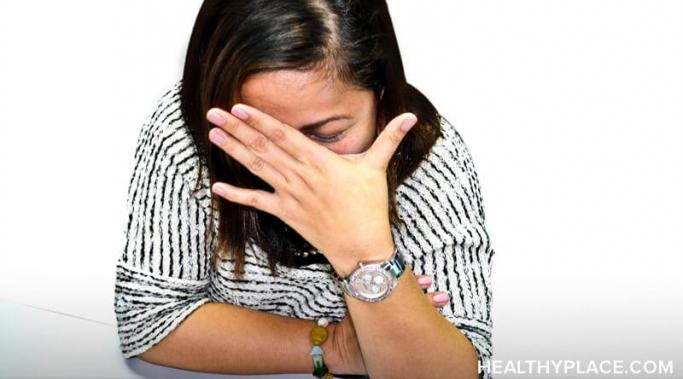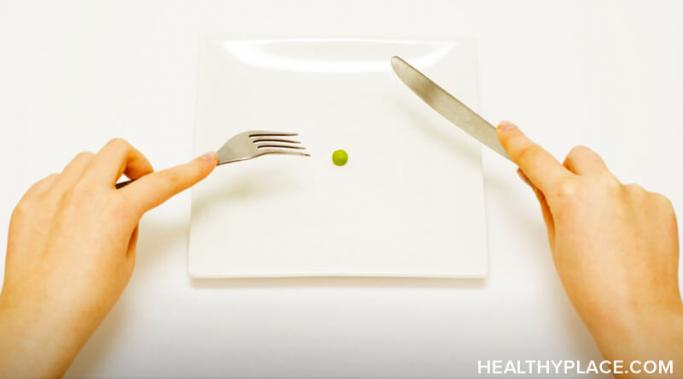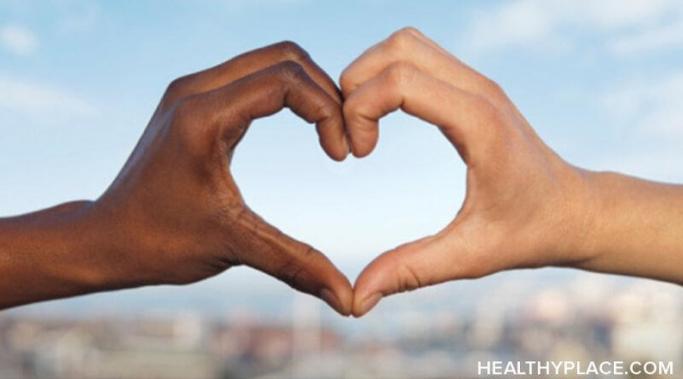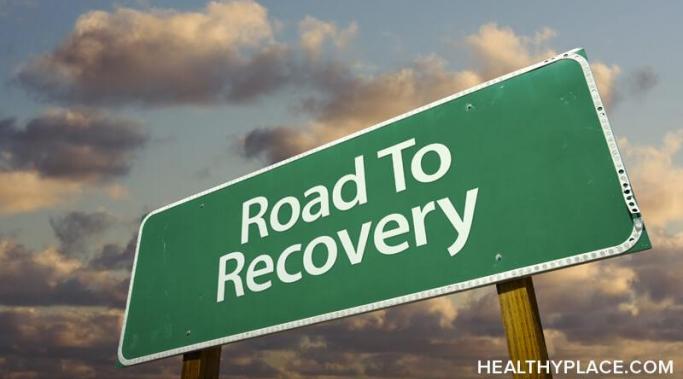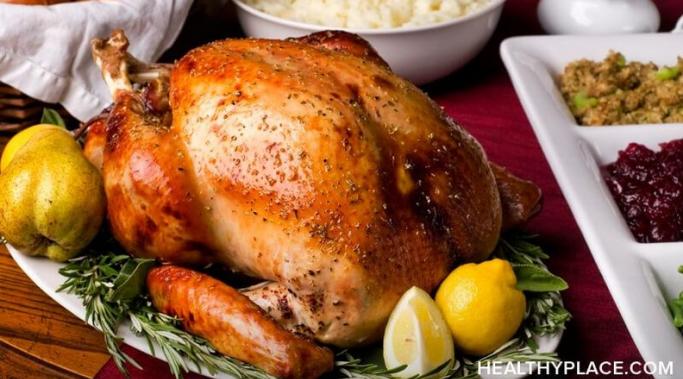If there is one lesson I have taken from last year's events, it's that I am allowed to create space for burnout in eating disorder recovery. In fact, this goes beyond just permissible—creating space for burnout is essential for mental health and resilience. The feeling of burnout is sometimes inevitable in life, but it does not have to compromise eating disorder recovery. Here is how I deal with burnout in my own healing process.
Coping Skills for Eating Disorder Recovery
When it comes to my own mental health and eating disorder recovery, a lack of joy is one of the main indicators that I am not in a stable headspace. As I have learned, an eating disorder is a thief of joy, so when I feel overwhelmed by chaos and unable to see pockets of joy, it's a sign that I need to recalibrate.
If you live confined within a scarcity mindset, then be warned: this mentality can—and often does—turn into an eating disorder. The term scarcity mindset refers to a belief that you do not deserve abundance and lack a sense of personal worth, so you act out of self-denial instead of nourishment and freedom. This can lead to dangerous behaviors, such as caloric restriction in an effort to deprive or discipline yourself, which could become a full-blown eating disorder over time. A scarcity mindset is detrimental to your healing, but it can be overcome in eating disorder recovery.
Relationships are challenging at the best of times, but when you're dating someone in eating disorder recovery, they can be even more so. After all, eating disorder recovery is a time when people should be focused on building a healthy relationship with themselves. Throwing another person into the mix complicates an already complicated situation.
I have used many coping mechanisms to help with eating disorder recovery, but one that I find particularly essential is a self-care toolkit for the holidays. I co-opted this idea back in high school from a teacher I was close to, and 10 years later, I still consider it beneficial. No matter where you are in eating disorder recovery, this season is often a mental and emotional battleground, so the importance of reliable coping mechanisms cannot be over-emphasized. Therefore, I want to discuss why I think a self-care toolkit is essential for the holidays—and how to create one yourself.
Last week in a counseling session, my therapist issued me an assignment: Write a "dear body" letter to myself. In the past, I have done similar exercises, like the goodbye letter I wrote to my eating disorder in 2018. But this undertaking feels much different.
If you deal with an eating disorder (ED), it's no secret that the holidays can lead to heightened stress—both for you and for those in your support network. However, when you take the time and effort to communicate your specific ED recovery needs to loved ones, it can reduce the tension and help you feel more at ease this holiday season. Not to mention, once friends or family members know what your ED recovery needs are, they will be able to offer the right kind of support, reassurance, encouragement, and accountability.
November is officially here, which means now is the time to create an eating disorder (ED) recovery action plan for the holidays. This season can be a minefield to navigate with an eating disorder, no matter where you're at in the healing process, so it's crucial to determine in advance how you will prioritize eating disorder recovery in the midst of whatever triggers you face these next couple of months.
Just recently, I noticed something beautiful unfold within me: eating disorder recovery taught me to love my inner child after decades of rejecting her. This did not materialize overnight, but now it feels like coming home to a version of me who remembers a time before anorexia first lurked onto the scene.
Synonymous with gorging oneself on immense quantities of food and drink, for those of us in eating disorder recovery, Thanksgiving can be a stressful time. However, you don't have to suffer. There are some simple ways you can navigate Thanksgiving in eating disorder recovery, and they all involve one key strategy.
